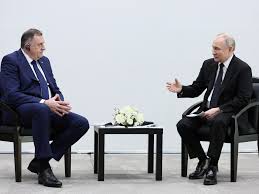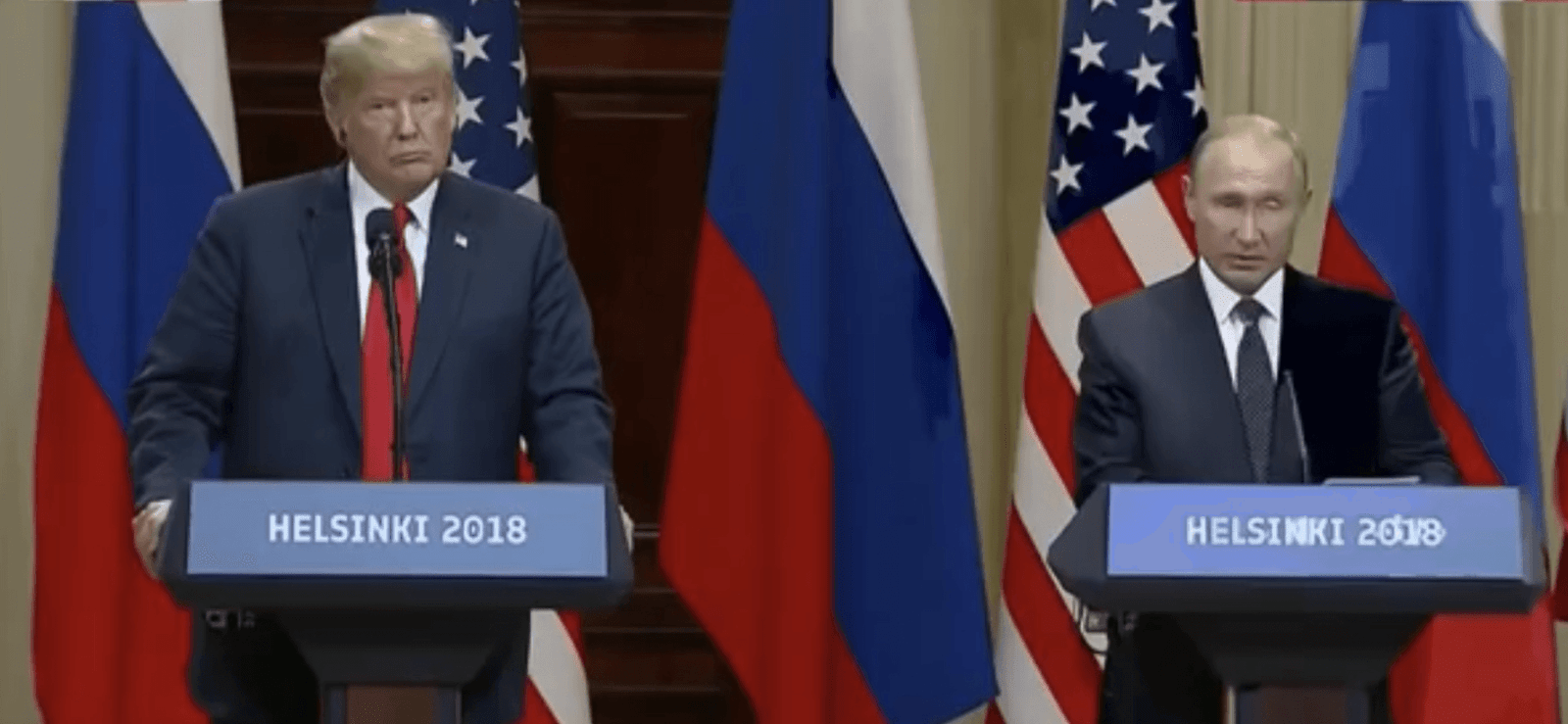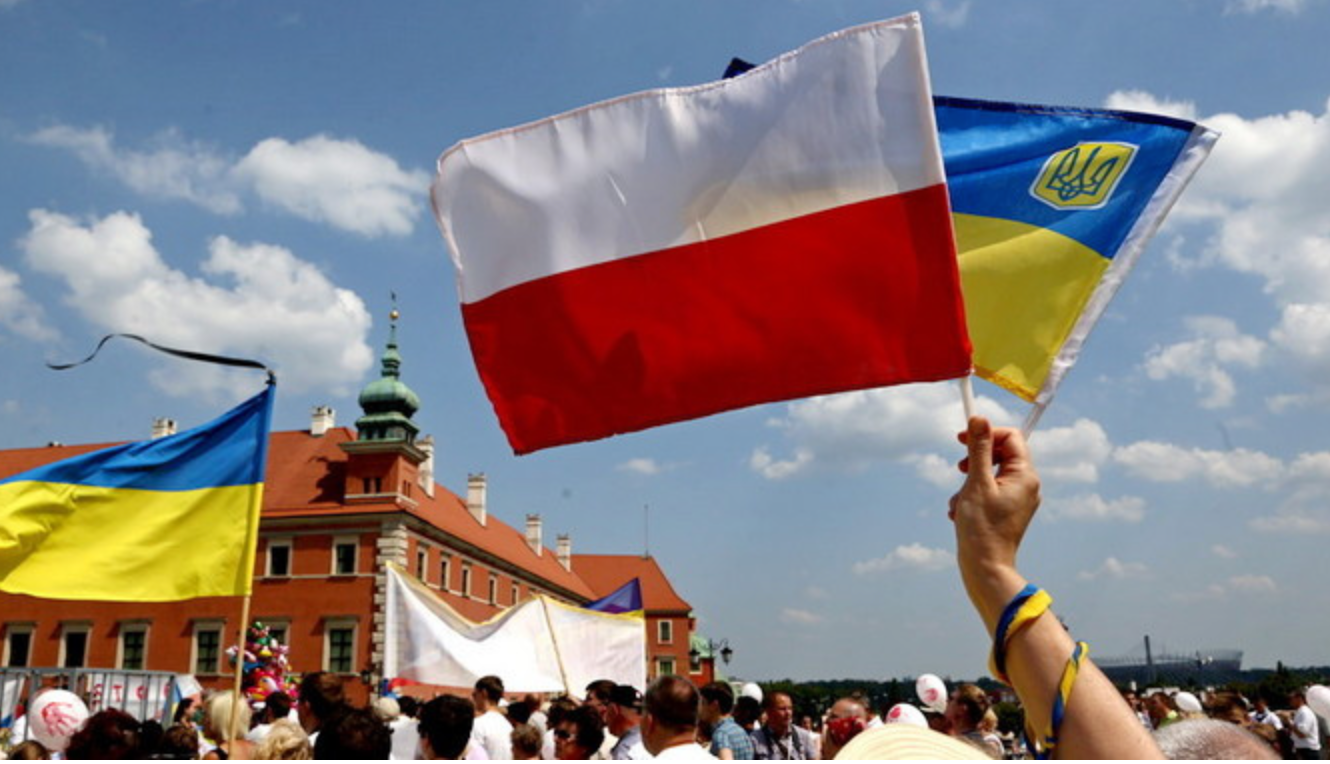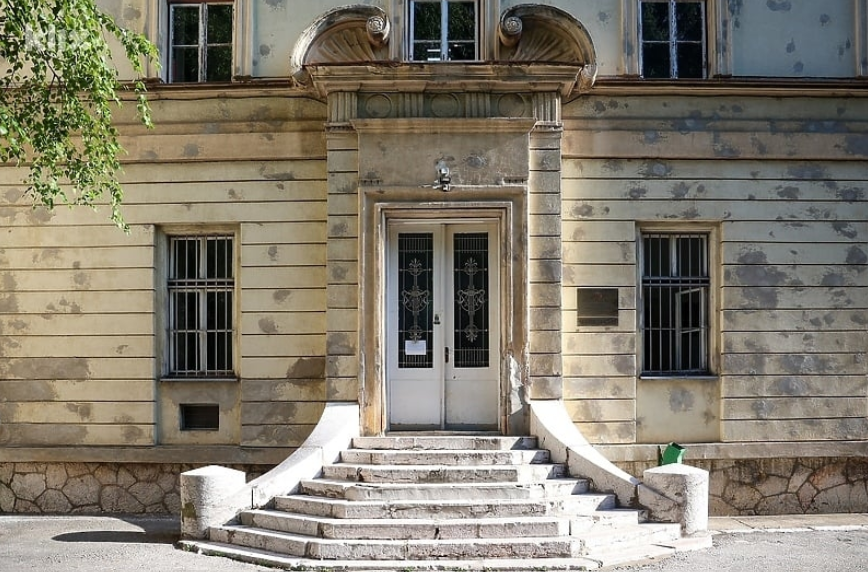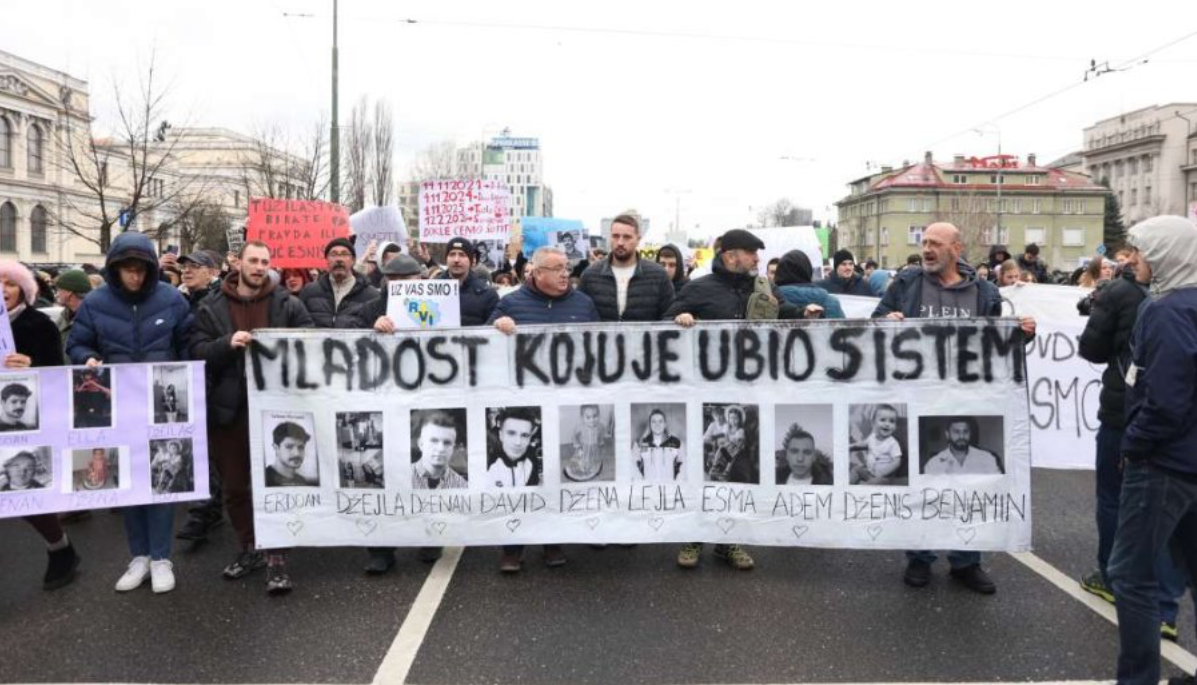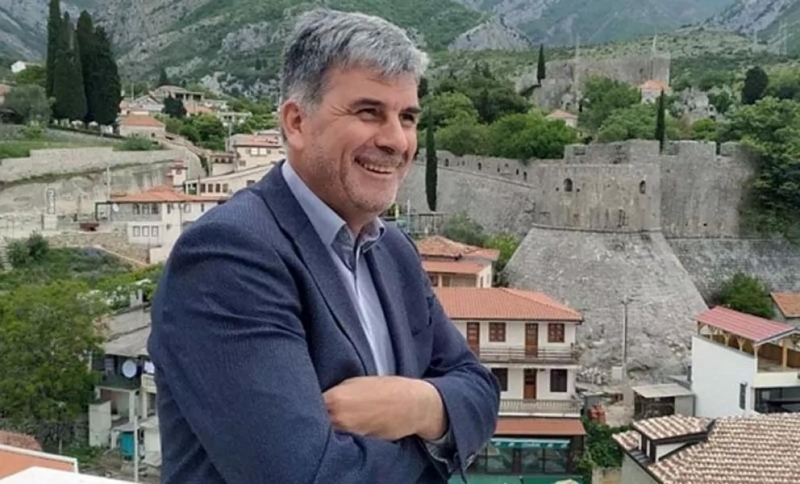Russia is escalating its multi-pronged shadow war against the West, while Western governments continue to display weakness by limiting weapons supplies to Kyiv and blocking Ukraine from NATO membership. Moscow does not possess the military capabilities to conduct a conventional war against the West and it will not risk a nuclear war. Instead, it is trying to mobilize international support for its attack on Ukraine and intensifying its sabotage operations in Europe, all the while displaying its disregard for Western warnings.
Russia has few allies, but it has used these to gain desperately needed ammunition and military recruits. In the most recent move, Moscow has recruited a first contingent of 12,000 North Korean troops to battle against Ukrainian forces. Although this has raised “serious concern” among NATO allies there has been no credible response against Moscow for widening the war. Pyongyang’s direct involvement marks a major escalation and could also deepen security risks for North Korea’s neighbors. Dictator Kim Jong Un will evidently receive more military technology and economic support from Russia to revive the moribund economy and this will make Pyongyang even more of a threat to South Korea and Japan.
However, North Korea’s involvement in the war could also backfire against Moscow. South Korea is likely to start providing its vast stores of weapons to Ukraine and some members of Seoul’s special forces are visiting Ukraine to interrogate captured North Korean troops and provide advice to Kyiv. A recently signed mutual defense pact between Moscow and Pyongyang also faces criticism from China, whose influence in North Korea is being eroded by the Kremlin. This will increase frictions between Beijing and Moscow, as China seeks to be the pre-eminent power in the Far East.
Russia also maintains a close alliance with Iran and receives large supplies of Iranian drones and other equipment for its war against Ukraine. It secretly arms Hamas and Hezbollah terrorists in the Middle East and provides targeting data for Iran-backed Houthi rebels in Yemen to enable them to attack Western ships in the Red Sea with missiles and drones.
Moscow also engages in a plethora of sabotage operations throughout Europe, in which it has extensive experience from Soviet times. In recent months, paid saboteurs have focused on the supply lines of NATO weapons intended for Ukraine and targeted production facilities, transportation, and storage points in several West European locations. Civilians are not immune from attack. In July, Russian agents were accused of planting devices in parcels on cargo aircraft in the United Kingdom and Germany, which burst into flames in two warehouses. Both bombs could have brought down the planes. Ken McCallum, head of the UK’s MI5 security service stated that Moscow is engaged in a sustained mission to generate mayhem on British and European streets.
Other arson attacks by Russian agents have occurred in a shopping center in Poland and a warehouse in Lithuania. Unidentified drones have overflown a German nuclear power plant and forced the closure of the main airport in Stockholm, and a suspected poisoning of a water treatment plant by Russian paid agents was reported in Finland. Russian saboteurs have also been spotted surveying Europe's offshore energy infrastructure and underwater cable systems for potential disruption. And a Russian plot was also thwarted in assassinating Armin Papperger, the CEO of Germany’s large arms manufacturer Rheinmetal, which delivers shells and military vehicles to Ukraine.
In many cases, Russian foreign security services recruit Europeans with links to organized crime to conduct sabotage operations against critical infrastructure, to spy on military bases, and to set fire to Western military vehicles. European officials have confirmed that these incidents have skyrocketed during 2024. The objectives are to deepen feelings of public insecurity, undermine public trust in elected governments, undercut military support for Ukraine, and weaken Western unity. In August, the founder of the Telegram social platform Pavel Durov was arrested in France and charged with enabling illegal activities by recruiting European saboteurs. The head of Germany's BND foreign intelligence service, Bruno Kahl, warned that Putin would continue to escalate such attacks on the West.
More conventional cyber-attacks by Russia have also continued. For instance, in early October hackers used ransomware to penetrate the communication systems used by Britain’s ambulance service. Private companies delivering defense services were also targeted. Election interference by Russian sources, as well as by Chinese and Iranian collaborators, has become more blatant and extensive than in previous years. Moscow seeks to promote far-right and far-left parties in Europe and deepen political polarization during the US presidential elections.
Russian operatives have focused on disrupting the Harris-Walz presidential campaign through disinformation on social networks and the creation of AI-enhanced deepfake videos. In one video, evidently produced in a Kremlin-aligned troll farm, Vice President Kamala Harris is accused of illegal poaching in Zambia. The purpose is not simply to discredit Harris but to undermine the confidence of Americans in the democratic system and the honesty of politicians. And regardless of who wins the November elections, foreign agents linked with Russia, China, and Iran will undoubtedly continue to pursue influence operations by calling into question the results of the ballot and aiming to stoke civil unrest.
Instead of taking the offensive against Russia’s eclectic shadow war and combating its international anti-Western alliances, officials in Washington, Brussels, Berlin, and Paris continue to express their fears of “escalation.” And instead of allowing Ukraine to use long-range weapons to target military infrastructure anywhere on Russian territory, Washington calls for restraint for fear of pulling NATO into a direct war with Moscow. And it is precisely this timidity and cowardice that encourages Russia to continue escalating without fear of major reprisals.
Janusz Bugajski is a Senior Fellow at the Jamestown Foundation in Washington DC and author of two new books: Pivotal Poland: Europe’s Rising Power and Failed State: A Guide to Russia’s Rupture




